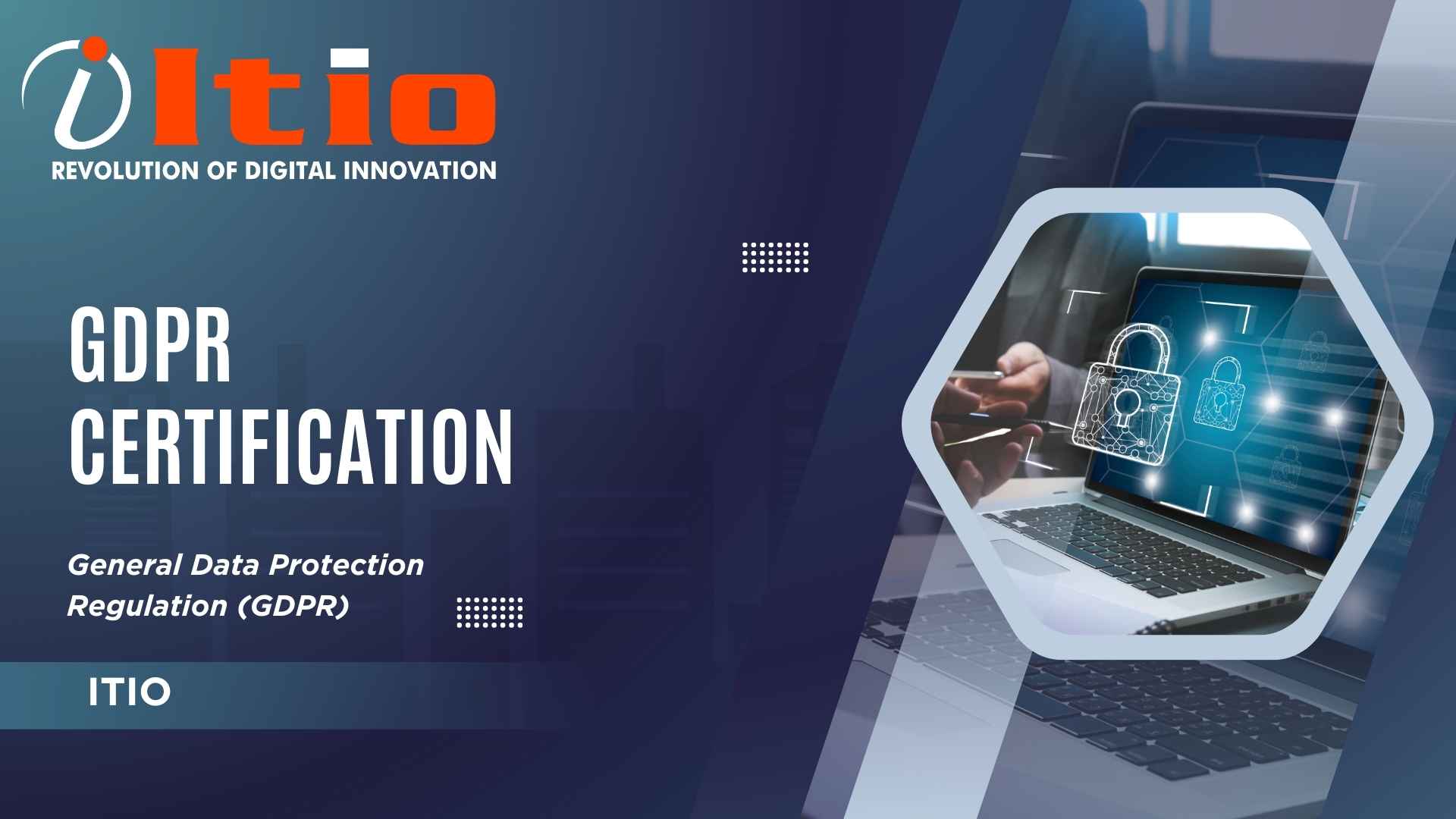GDPR Certification for Startups in 2025: A Growth Strategy, Not a Compliance Burden
In 2025, data is one of the most valuable assets a startup can possess. From user behavior analytics to personalized marketing, modern startups thrive on data. But with great data comes great responsibility. Enter GDPR certification—often misunderstood as a legal obligation but increasingly recognized as a strategic differentiator.
For startups navigating the fast-paced tech ecosystem, GDPR certification isn’t just about staying compliant—it’s about building credibility, gaining trust, and scaling securely.
Why GDPR Matters to Startups
Startups often collect and process personal data right from launch: email signups, user activity, payment info, and more. As you scale, the complexity of managing that data—and the risk—also increases. The GDPR, which applies to all businesses handling EU residents’ data, is a must-consider regulation regardless of where your startup is located.
Ignoring GDPR isn’t an option in 2025. Regulators are actively investigating startups and SMEs, not just big tech giants. And consumers, increasingly aware of their digital rights, expect transparency and accountability.
1. Trust as a Competitive Advantage
In an era of data breaches and digital overreach, trust is currency. Companies that can prove their commitment to data protection gain an edge. GDPR certification is a formal, recognized seal of that trust.
A recent EU survey in 2025 found that 74% of consumers are more likely to engage with companies that demonstrate certified privacy practices. Whether you’re in e-commerce, finance, or health, trust drives conversions and retention.
2. Streamlined Operations
Certification forces you to document and standardize your data processing activities. That clarity often uncovers inefficiencies and redundant processes.
- Are you storing unnecessary data?
- Are roles and permissions scattered?
- Are third-party vendors putting you at risk?
GDPR certification helps tighten your systems and streamline operations, leading to cost savings and better data governance.
3. Reduced Risk of Fines
The GDPR fines issued in 2024 alone exceeded €2.6 billion. Certified organizations don’t get a free pass, but they can often demonstrate accountability, which reduces exposure.
In the event of a breach or complaint, having GDPR certification shows regulators that you’ve taken proactive steps—often resulting in lower penalties or more cooperative investigations.
4. Procurement and Partnership Leverage
Increasingly, large enterprises and governments only work with vendors who demonstrate GDPR compliance. Certification removes barriers to such deals.
In sectors like cloud services, marketing, or HR tech, GDPR certification has become a must-have for procurement checklists. It accelerates deal cycles and simplifies due diligence.
5. Global Alignment
Many global regulations—from Brazil’s LGPD to Japan’s APPI—mirror the GDPR. Certification often puts you ahead of the curve internationally, reducing the need for duplicate efforts when entering new markets.
The Cost vs. Value Equation
Certification costs vary (€5,000 to €30,000+) depending on organization size and scope. But the ROI—measured in trust, efficiency, access to markets, and risk reduction—can be multiples of that investment.
Certification: A Badge of Trust
GDPR certification serves as external validation that your startup takes data protection seriously. This can be invaluable when:
- Attracting enterprise customers who demand robust privacy practices.
- Pitching to investors who are risk-averse to regulatory issues.
- Expanding to Europe, where GDPR compliance is a prerequisite.
- Outsourcing data processing, where your partners will check for credible safeguards.
Steps to Certification for Startups
- Start with a Data Protection Impact Assessment (DPIA)
Understand what data you collect, how you store it, who accesses it, and what risks are involved. - Implement Privacy by Design
Bake privacy features into your product and workflows from the start. Use data minimization, encryption, and consent management tools. - Train Your Team
Educate your staff on privacy policies and safe data handling. For small teams, this can be done via online GDPR training modules. - Choose the Right Scheme
Select a GDPR certification framework tailored for digital products, SaaS, or tech startups. - Work with an Auditor
Partner with an accredited certification body to review your policies and systems.
Real-World Success
In 2025, several fast-growing startups have used GDPR certification to fast-track growth. Fintechs, healthtechs, and martech companies that got certified early report smoother entry into EU markets, fewer procurement barriers, and greater customer loyalty.
Final Thoughts
Startups often think of GDPR as a barrier. But in reality, GDPR certification can become your growth engine. It builds trust, improves security, and sets your business apart in a crowded, privacy-conscious market.
Also read About:












